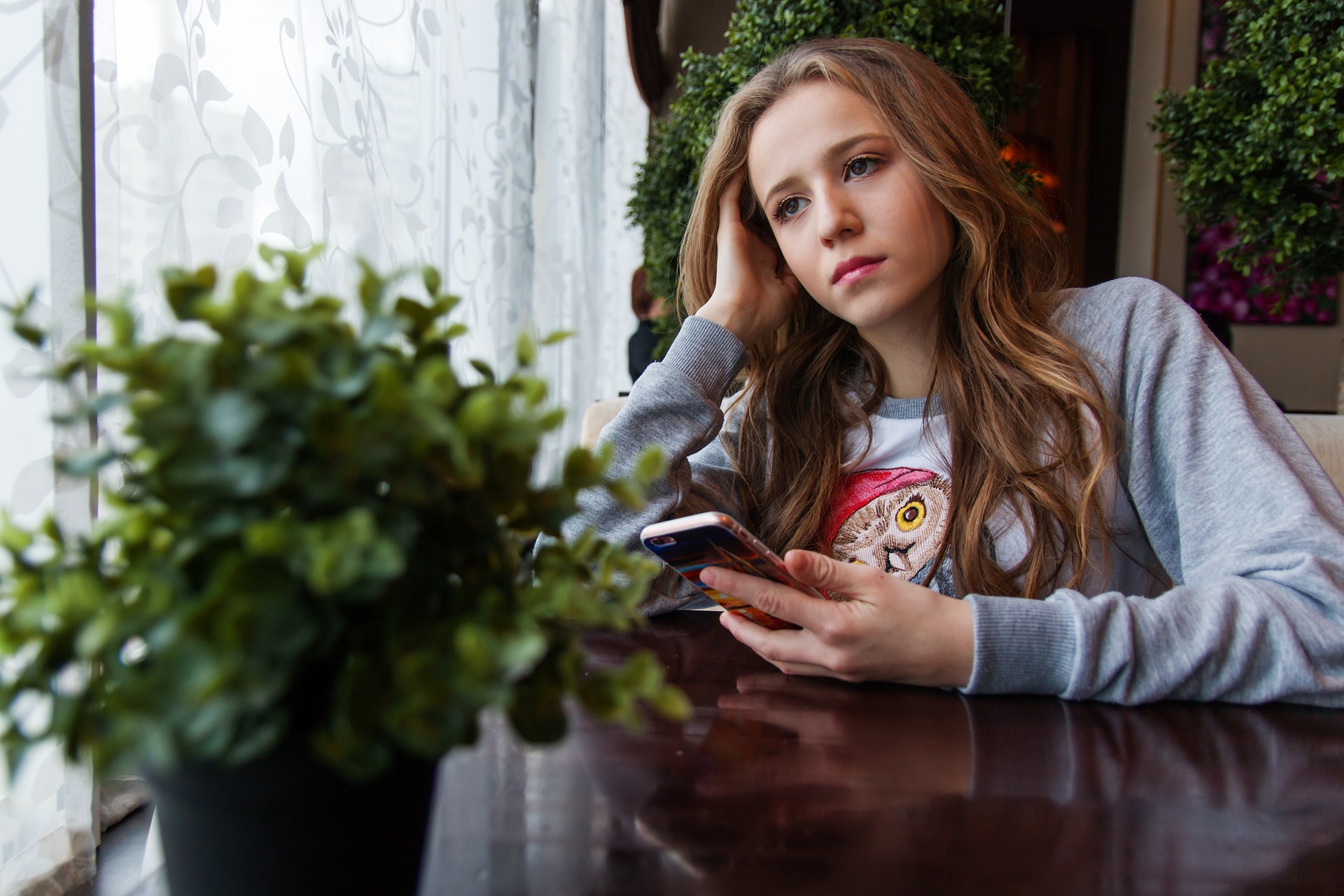Some children are just not equipped to deal with failure. This can lead to a pattern where they expect to fail, then they actually fail and then they suddenly become fearful in failing again which then prevents them from trying.
This pattern of behaviour affects them in many aspects of their lives:
Failing to make friends and therefore not reaching out to make new connections.
Failing to achieve educational goals and becoming disenchanted with learning.
Failing to look after themselves and do the best that they can because they do not feel worthy.
Failing to adhere to behaviour plans and believing that there is no point, that they are already set to end up on the wrong path in life.
At Aylesbury Therapy for Kids, I offer sessions to help them to see failure in a new light. Instead of focusing on helping avoid failure completely I will teach them how to cope with failure and view it as a normal life occurrence. I believe that this is an important skill to teach children because failure is part of life.
In my sessions children will learn:
• Failure is an opportunity to learn how to do things better next time.
• Failing doesn’t mean you’re not clever. The most intelligent people get things wrong before they got them right.
• Failing helps you take the difficult step of doing things differently so you can learn even more new things.
• Failing doesn’t mean you didn’t go for it.
The sessions will also have a positive impact on:
• Increasing Self-Esteem
• Building Confidence
• Setting achievable goals
• Greater self Respect
• Reducing Anxiety
When children learn how to cope with failure, it creates room for them to begin changing their expectations of themselves. They start to realise that one mistake doesn’t mean they need to expect a lifetime of failure. This could make a real difference to their mental health and well-being as their levels of anxiety reduce when they remove the pressures of feeling less competent. It will also cause them to do more new things which is not just good for improving their knowledge of the world but also how much they participate in it.
They are also more likely to create a wide, reliable social network and care about themselves. It will be easier for them to live healthy lifestyles as they will not be fearful of trying new healthy foods, or to explore the world, culture and religions beyond their immediate community.
When children feel good on the inside, they can become better people on the outside too, by engaging more with others and contributing more to the society they live in. This gives them a greater opportunity to learn and develop social skills as well as helping them to develop vital interpersonal skills so later in adult life they can become positive role models and citizens.
The original version of this article was written by Gemma Bailey, director of www.NLP4Kids.org. It was republished and rebuilt with additional content by NLP4KIDS PRACTITIONER IAN DAVIES
To claim your free consultation visit aylesburytherapyforkids.co.uk or just message me to get in touch


